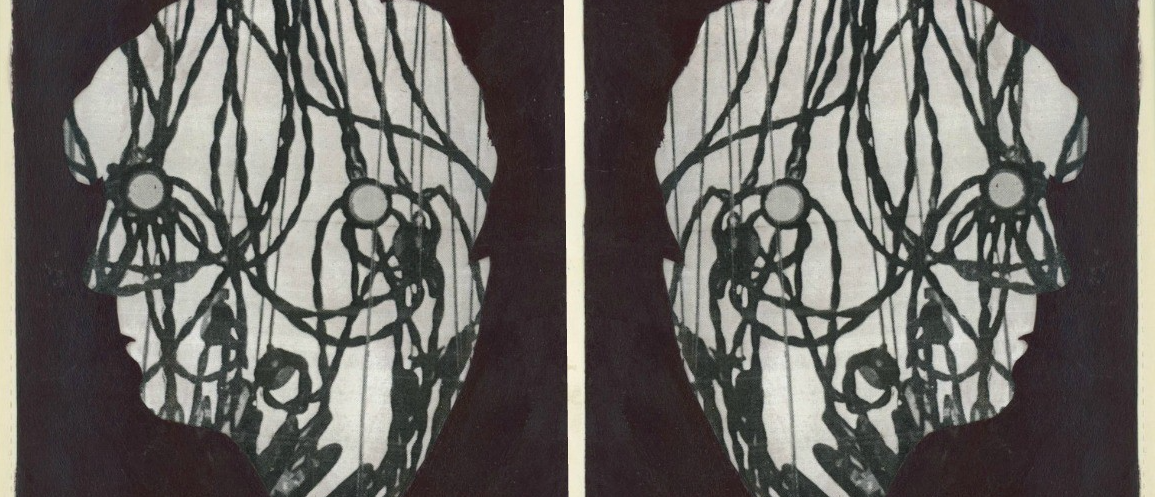Trigger warning: This article contains mention of depression and suicide.
From the very moment news that Sushant Singh Rajput had died by suicide hit the headlines, almost little to no effort has been taken to deal with the subject respectfully. Suicide is a triggering subject – something that my country neither realises nor wants to make an effort to understand.
As media channels floated the idea of a murder conspiracy and jumped from the topic of depression to nepotism in Bollywood, before finally tossing viewers onto an endless rollercoaster ride of wild theories, no one seemed to be paying attention to how triggering it all was for those battling mental health issues in India. That news anchors put up smiling pictures of the deceased actor to prove that he was not depressed is ironically the most apt testament to where our country stands on mental health awareness.
A few months ago, at a gathering of acquaintances, when I absentmindedly said that I had almost missed an appointment with my therapist, someone asked me, “Therapy? Isn’t that like a white people problem?”
Everyone laughed in the room.
It is admittedly true that I hear this rhetoric rarely among my peers but that is probably because as someone who has studied psychology for the past five years, I surround myself with people who understand the importance of mental health. It is more often my parents and family members who uphold these problematic views on mental health. I don’t blame them – they grew up in a society where any talk of mental health was largely taboo, more than it is even today.
Also read: The Demonisation of Cannabis Users Needs to Stop
The onus, I believe, is on our generation to normalise essential dialogue on mental health.
Despite having studied psychology for years, I still felt the stigma when I started therapy this year. It was only with the support of my friends from college and best friends back home that I broke free of the very stigma that I had been preaching about and had yet internalised. That was when I realised that the only way to normalise it was by talking about it – so when someone has to go to therapy, they don’t need to say, “I am going to a tuition or a doctor ”. They should be able to say, “I am going for therapy” without shame and instead with pride over the fact that they are taking care of themselves.
The onus is on each of us to talk to our friends and family about how they are doing. And if they don’t sound like they’re doing okay, we could gently suggest seeking help.
It is very clear that we, in fact, live in a country which is very hostile towards the idea of even beginning to understand mental health. I am not someone who knew the actor personally and I do not know how he died. But if he took his own life after what I can only imagine was the bravest battle he ever fought, he deserves our empathy more than a nation’s violent clamouring for justice.
Had there been no dimension of murderous conspiracy to the case, would India have taken up the same arms and protested against the lack of awareness on mental health with the same zeal?
I do not think so. And therein lies India’s biggest tragedy and injustice.
Pritha Majumder is a Liberal Arts student who just finished her BA in Liberal Arts and is pursuing her MAin the field of Holocaust and genocide studies.
Featured image credit: Flickr/Emily Dunne

